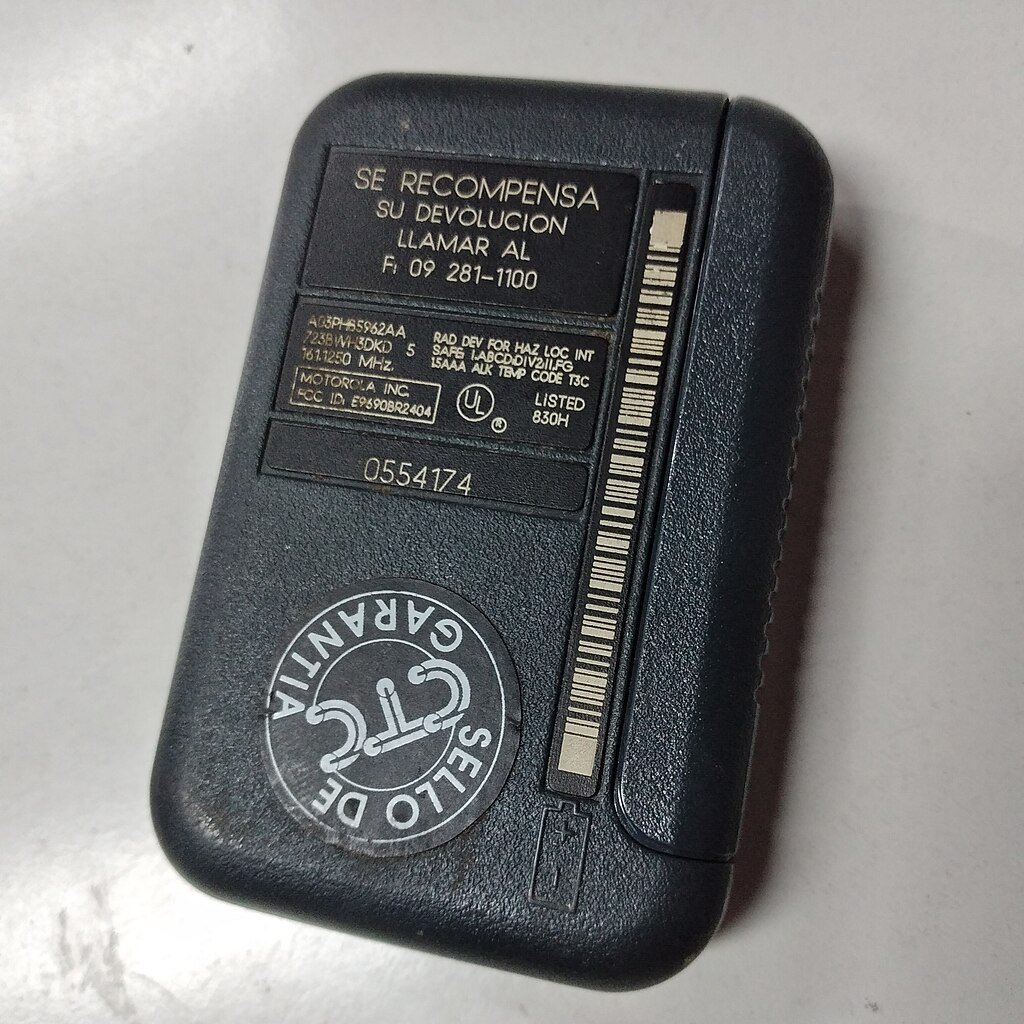Wounded number nearing 3,000
The video has been seen worldwide: A young man shopping in a market looks down at his pager and it then explodes, knocking him to the ground. This was just one of many similar scenes that took place across the Middle East Tuesday as pagers, used to communicate by many Hezbollah members because of fears the Israeli military could snoop on radio chatter, began to explode.
Wednesday, handheld walkie-talkies began doing the same, leading many of the users to frantically remove the batteries and discard the radios. One radio explosion, according to Reuters, took place near a funeral organized by Iran-backed Hezbollah for some victims of Tuesday’s attacks. The toll on Wednesday was nine dead and at least 300 injured, according to the Lebanese health ministry.
Wednesday’s explosions came after Hezbollah launched rockets into Israel in response to Tuesday’s blasts, a sort of bloody tit-for-tat familiar to anyone who’s paid attention to the Middle East conflicts.
At first, there was no clear agency to blame for the pager explosions, and Israel still hasn’t officially accepted responsibility for them, but the scale and coordination involved has ruled out any other possibility, according to numerous analysts.
Not long after the first explosions, the quest began to find out who made the pagers and where they had come from. According to NBC, images taken of some of the first pagers to explode led investigators to Taiwan-based Gold Apollo. The company’s founder and president, Hsu Ching-kuang, told reporters Wednesday that the pagers were made by another company licensed to use its brand. Gold Apollo said the pagers were actually produced by a company in Hungary.
The company in Hungary, according to Gold Apollo, was BAC Consulting. Reached by phone Wednesday, BAC Consulting Chief Executive Cristiana Bársony-Arcidiacono confirmed that her company worked with Gold Apollo. But when asked about the pagers and the explosions, she said, “I don’t make the pagers. I am just the intermediate. I think you got it wrong.”
It’s still unclear what caused the pagers and radios to explode or how they were activated, although some information is being gathered. Beyond the sheer death and destruction, it’s obvious to those who’ve watched the conflict between Israel and its foes that the intent is to cripple communication within Hezbollah, making the fighters afraid of the devices they’ve used for communication.
Whether this will continue to escalate remains to be seen.

